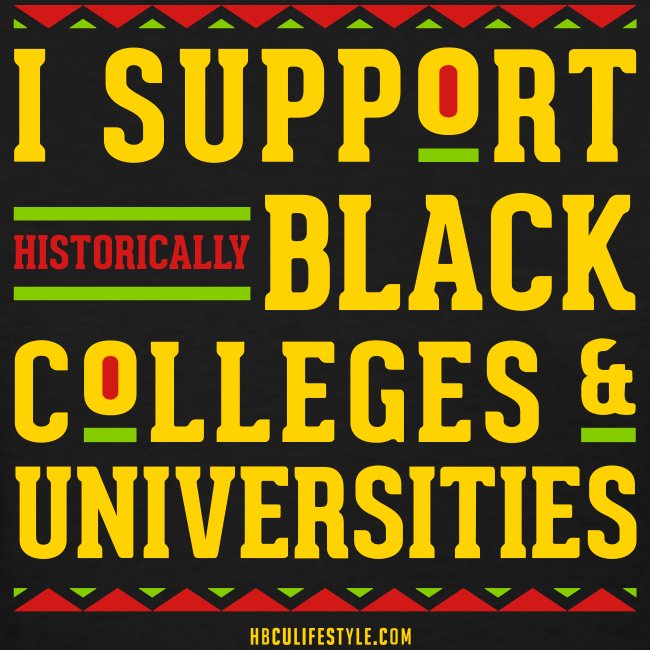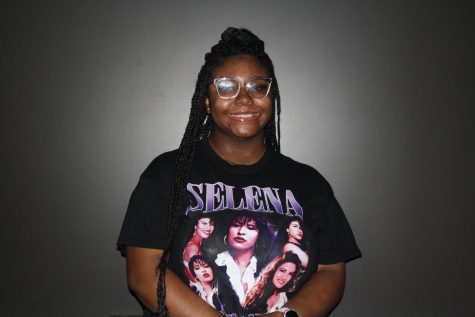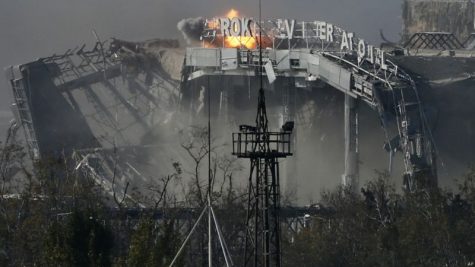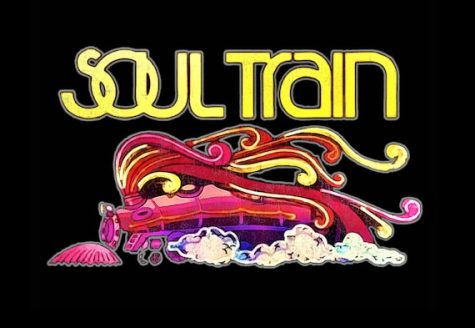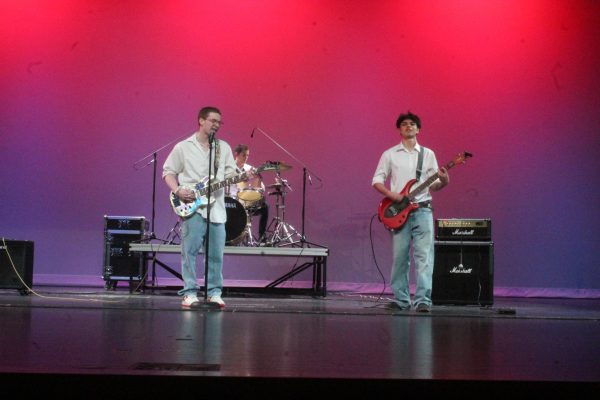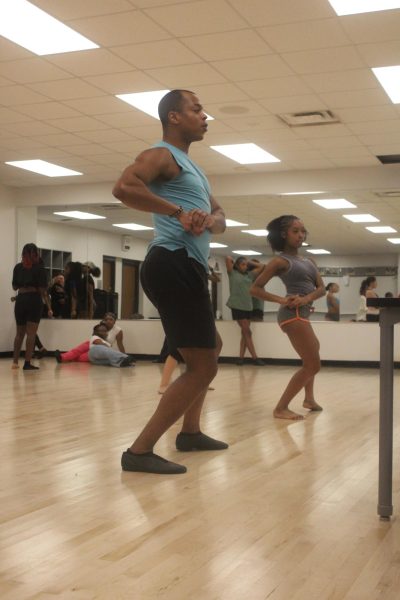HBCU Day @ LN
As day 3 of the spirit week commences, HBCUs contribute
Keeping along with the spirit week here at LN, Wednesday (today), is HBCU day. Historically Black Colleges and Universities are land grand institutions that were established in the 1800s, the first being Cheyney University in Pennsylvania in 1837.
Because of inequality, African American students, no matter how smart they were, no matter how much they could contribute, were denied access to schools and other institutions that were most commonly know as predominantly White institutions or PWIs. HBCUs were founded on the target of reaching African American scholars and creating those higher-ed environments that welcomed learning, family, and safe environments. Prior to the passing of the Civil Rights Act signed by former president Lyndon B. Johnson, the Higher Education Act of 1965 was enacted. According to U.S Department of Education, “The Higher Education Act of 1965, as amended, defines an HBCU as: ‘…any historically black college or university that was established prior to 1964, whose principal mission was, and is, the education of black Americans, and that is accredited by a nationally recognized accrediting agency or association determined by the Secretary [of Education] to be a reliable authority as to the quality of training offered or is, according to such an agency or association, making reasonable progress toward accreditation.’”
Today, there are 107 successful HBCUs that are creating changing for all Americans, not just African Americans. These are institutions that don’t just occupy one region, however, they are located all over the nation. Some prominent HBCUs that you might have heard of is North Carolina Agricultural and Technical State University, Clark Atlanta University, Alabama Agricultural and Mechanical University, and more. And some that are not as prominent in status but still in stature are Langston University, Fisk University, and even Bluefield State College.
HBCUs are also known for having the highest number of STEM-related programs and graduates, Communications graduates, and more. For more information on HBCUs, email Lavonnya Mickens, HBCU coordinator over LC and LN school campuses.



